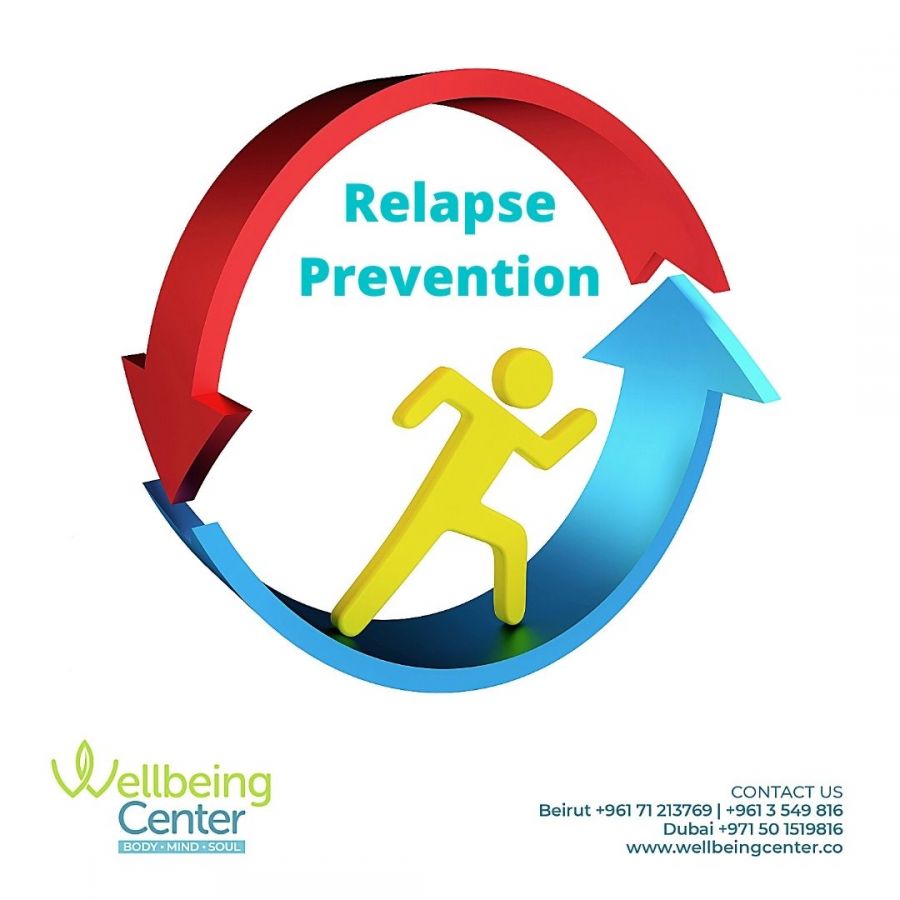Relapse Prevention

What are the early signs of a depression relapse?
After having depression once, it is understandable to worry when symptoms start appearing again. But spotting the red flags early may help prevent a more severe episode from developing.
What is a depression relapse?
A depression relapse can occur days, months, or years after recovering from an earlier bout of depression.
Many people experience sadness or a loss of interest in everyday activities as a normal part of life. These feelings can stem from a variety of factors, such as the loss of a loved one or overwork.
However, if a person has these feelings almost daily for more than 2 weeks, and if they begin to affect work or social life, then they may be experiencing depression.
After the first episode of depression, depression can return in two ways.
A depression relapse happens when symptoms start to reappear or worsen again during recovery from an earlier episode. Relapse is most likely to occur within 2 months of stopping treatment for a previous episode.
A depression recurrence happens when symptoms return months or years after a person has recovered from the last episode. This is most common within the first 6 months. Around 20% of people will experience a recurrence, but this can rise when depression is severe.
Common triggers for depression relapse or recurrence include:
- Stressful life events that happen during or after recovery: These can include family conflict, relationship changes, and grief.
- Incomplete recovery from the last episode of depression: If the person does not receive full treatment for the main symptoms, depression is more likely to return.
- Stopping treatment early: Depression is not always a quick fix — sticking with treatment for 6 or more months after feeling better can reduce the risk of future depression.
- Medical conditions: Conditions such as diabetes, obesity, and heart disease, can increase the risk of future depression.
12 early signs of a depression relapse
A person can often recognize the same core warning signs of depression they experienced during previous episodes, but sometimes, symptoms can be different.
Key warning of depression include:
- Depressed mood: Feeling sad or anxious.
- Loss of interest in activities: Taking less pleasure in hobbies, sex, and other interests that the individual usually enjoys.
- Social withdrawal: Avoiding social situations and losing touch with friends.
- Fatigue: Daily tasks, such as washing up and getting dressed, may feel more difficult and take longer.
- Feeling agitated: Agitation, including restlessness and pacing.
- Changes in sleep patterns: Insomnia or excessive sleeping.
- Changes in appetite: This can lead to weight gain or loss.
- Increased irritability: Getting annoyed more easily than usual.
- Feelings of worthlessness and guilt: Thinking over past events.
- Concentration and memory problems: Thoughts and speech may feel slower.
- Physical aches and pains: Unexplained headaches, stomach aches, or muscle pain.
- Suicidal thoughts or suicide attempts: This may signal a severe depressive episode.
4 tips for preventing a relapse
These prevention strategies can help to stop depression from returning:
- Keeping up with treatment: Finishing the full course of a prescribed medication can significantly reduce the risk of relapse, especially during the critical 6 months after treatment begins.
- Mindfulness based therapies: Mindfulness can help a person understand any negative thought patterns and find ways of dealing with them.
- Educating friends and family: Telling friends and family what warning signs to look out for might help catch an episode early.
